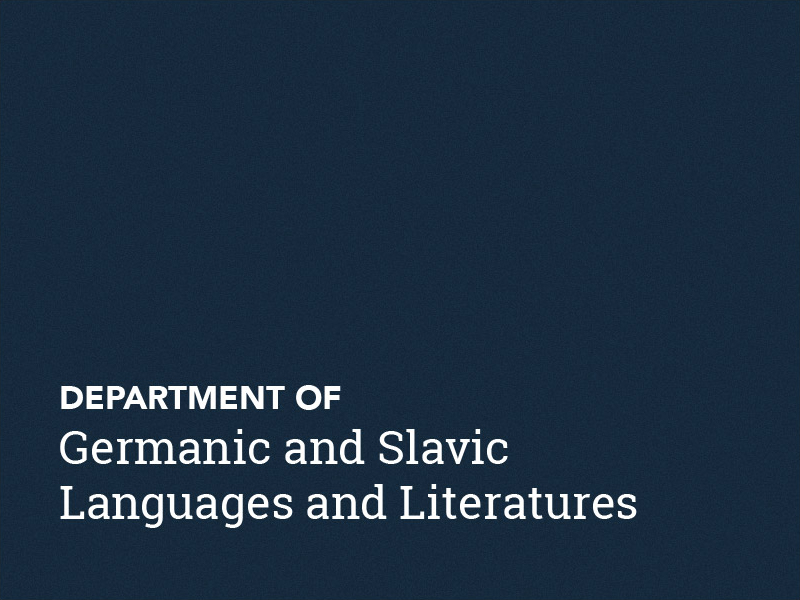FALL 2020 General Education Courses to Focus on Central European Culture, History, and Politics
FALL 2020 General Education Courses to Focus on Central European Culture, History, and Politics
|
||
|
Course #: 29580 |
GER 190, Section 1: Twentieth Century German Literature in Translation
Narratives of Injustice
Historically, the twentieth century was a very turbulent century for Germany. It was a century of extreme violence, as witnessed by the years 1914 and 1939 with the outbreak of the First World War and the unleashing of the Second World War and the Holocaust. It was also a century of revolutions: the revolutionary autumn in 1918 and the establishment of Germany’s first democracy, the Weimar Republic; and the peaceful revolution of the late 1980s that led to the Fall of the Berlin Wall and the reunification of a country that had been divided into East and West as a result of its defeat during WWII.
In this class, we seek to understand those complex histories through the lens of major works of literature and film that feature social injustice, e.g., racism, sexism, and other forms of oppression. Sadly, and unjustifiably, some of these works, e.g., Vicki Baum’s Grand Hotel, a bestseller in the 1930s that not only made it to the screen, but won the Academy Award in 1932; or Verena Stefan’s Shedding, which became arguably the most influential novel for the German feminist movement of the 1970s/1980s, fell into oblivion. Yet, all of the works offer not only an intriguing and important perspective on the time of their origin, but a relevant lesson for readers/viewers in the present.
We will examine the uniquely German experience of the 20th century by situating these works into their socio-political context, but we will show their relevance and use them to discuss social injustice as a global and timeless phenomenon by tying them to political debates of the 21st century.
Course #: 19764
